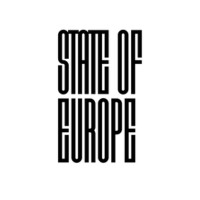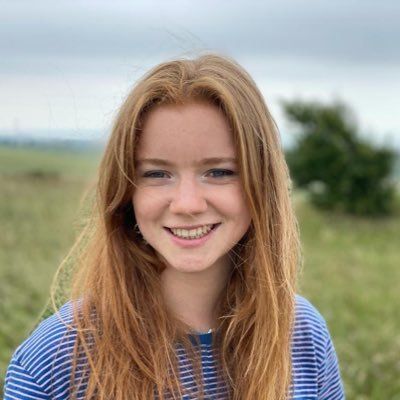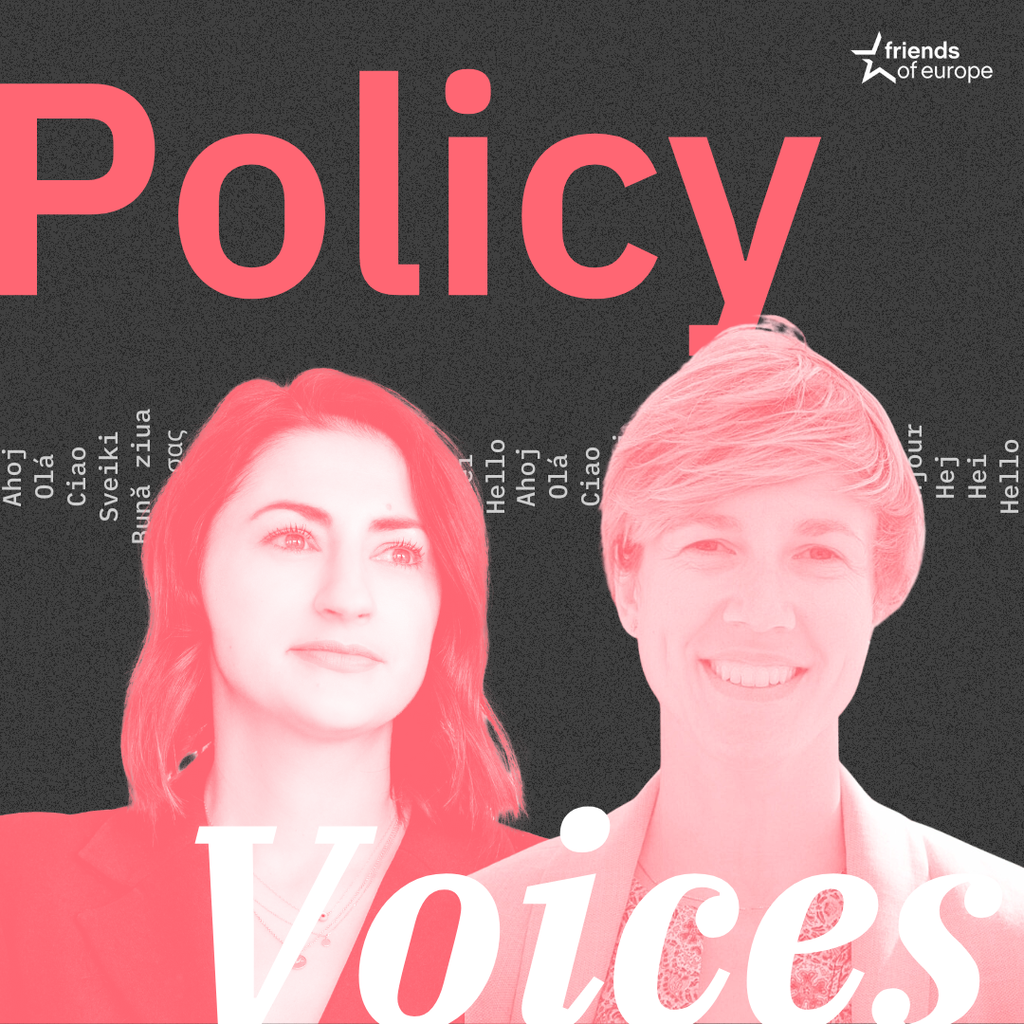Picture a world that is 4.4°C hotter than pre-industrial levels by the end of this century: this was one of the IPCC’s sixth assessment report predictions for a scenario with unabated emissions rise. Unless you have pored over climate models and understand the intricacy of tipping points to a tee, it is unlikely that you can visualise this outcome and truly imagine the severity of what is to come.
In 2020, I spoke to Belyndar Rikimani, a young woman living on the Solomon Islands who has a view of Walande Island from her home: a window into a likely future. Previously home to 1,200 inhabitants, the island is now home to only one man, Timothy, because of rising sea levels and submersion. He spends the day adding rocks to the wall around his house, trying to hold off the water for a bit longer. He won’t move because he is part of that place and it is part of him.
Timothy’s story embodies the stark tragedy of what we are all facing. The Solomon Islands have among the lowest carbon emissions worldwide, yet face some of the greatest impacts of climate change. Timothy has to choose between staying in his home on a drowning island or leaving everything he has ever known and starting a new life somewhere else because of sea level rise, which he has played little part in causing.
Despite stories like these, I feel hopeful right now. Not a blind optimism – because we are going to have to work hard, very hard. I see us a bit like a bunch of desperate hunter-gatherers but instead of hunting for berries, we are hunting for fragments of a different future and trying desperately to communicate them to generate engagement and action from us all. I tell stories to speak to my generation, whilst trying not to sound scolding to older generations or else they will dismiss me. I stay hopeful because fear generates apathy. I stay sombre because we are in a crisis but remain joyful because no one listens to a doom-monger. I research and communicate and talk and act and advocate.
Why are young people distrustful? Because political parties aren’t deliberating about what the world needs, they are deliberating about how to win. When I speak to other young people about politics, the conversation is not geared towards opportunity, vision or how we could integrate into and create a new political reality; it’s about the sheer horror of our current political reality and how best to protect ourselves from its consequences. We need co-collaboration, imagination and genuine deep integration of a diversity of ideas.
In our world, we are taught to hyper-focus on the plastic coffee cup, which should be avoided at all costs. We are scolded for taking a flight to see our family over Christmas. We must turn our lights off for one evening every year on Earth Day. It is encouraged and rational to stay wilfully ignorant of the bigger picture. But when ignorance and this hyper atomisation, individualisation and self-obsession are encouraged, who does the thinking? Who thinks for the greater good? Supposedly those in power but currently that is not for the greater… or for the good.
In 2021, I was very fortunate to accompany a team of young conservationists and scientists from Reserva: Youth Land Trust into the Ecuadorian Chocó cloud rainforest on a conservation and scientific expedition to find and describe new species. We had been trekking through a reserve that we had spent two years fundraising for and working to protect, and this was the first time I had been there in person. On one of his solitary escapades, Marco – a fellow member of the youth council and an Ecuadorian local, who knew his way around the jungle with his eyes closed – discovered a rugged trail snaking near our camp. He followed it, machete gripped in one hand and the other twisting off fat leaves from his face as they whipped him. When he returned to our makeshift camp, he gathered us around and opened his palm. The shard of yellow rock in his hand was a mix of gold and pyrite. Marco had found evidence of illegal mining; over three kilometres of an ecologically critical gorge – a potential habitat for several endangered species – had been damaged. By the looks of it, they were still in the area, so the next morning, some of our team was to go and confront them.
What we discovered, when speaking to this community, is that they did not want to mine the land. Mining companies had come into the area with a powerful tale, promising wealth and a better future, and employed local people under this pretence. They used the most basic narrative plot, which turns out to be tremendously powerful. George Monbiot, a British investigative journalist, calls this the ‘restoration story’: disorder, caused by powerful and nefarious forces working against the interests of humanity, afflicts the land. The hero revolts against this disorder, fights those powerful forces and, against the odds, overthrows them and restores harmony to the land. The mining companies promised to overthrow poverty inflicted by poor governance. Fossil fuel companies promise fairytales of green growth, depicting themselves as both the anti-hero and the hero.
It’s the tales of the Bible, “Harry Potter” and “The Lord of The Rings”. Without a narrative structure, we as humans crumble. We fall into a failure of imagination. And then, we fall into apathy.
We must deliberate three questions as we rewrite our social contract and the wider story for humanity.
How do you define success?
We’re in a hurtling car. The car is society, and right now, we judge the success of our car by a singular measure: speed. We do not mind if there is a wall right ahead and we are hurtling into it, we just want that car to go faster. But why don’t we redefine the success of our car? What if we defined success by the contentment of the riders, whether they had a good journey in good company, with access to educational and entertaining content during their ride? What if we dared to imagine a new way of living where degrowth doesn’t terrify us and we define success by connection, wellbeing and happiness?
Do you allow yourself to be uncomfortable or to be ignorant?
It is hard not to use our freedom to just consult with the like-minded in an echo chamber. Maybe we should feel like we are going against the tide. Engaging in debate and meeting others where they stand means you are facing resistance, and resistance means ideas are reaching people who need to hear them.
Are you just trying to close the book, or are you trying to open a new one?
As people create their own narratives, they look to leaders for guidance. Like seabirds in Australia who steal materials to make their own nests, people will take fragments of the lives of others and make that part of their own identity. Humans always have and always will do this. It is, therefore, the responsibility of our leaders to value nature in cities, to value educational systems that champion not counter diversity, to uphold solutions rather than blindly following a preordained path, to research meticulously who you support because whilst I would love to believe that we are all inherently good, there are people out there who will relentlessly pursue profit at the expense of all else.










